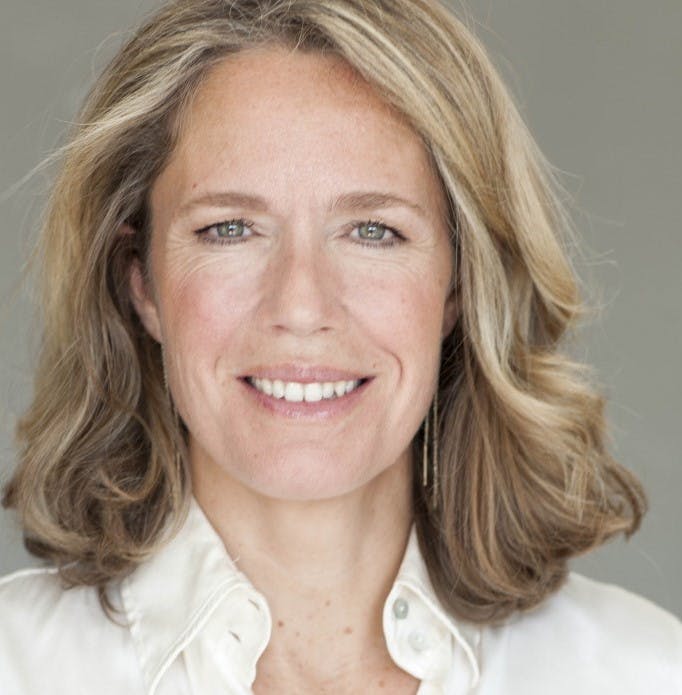Many people think there is no such thing as sustainably grown palm oil, an ingredient found in half of all supermarket products.
To continue listening, subscribe to Eco‑Business.
There's something for everyone. We offer a range of subscription plans.
- Access our stories and receive our Insights Weekly newsletter with the free EB Member plan.
- Unlock unlimited access to our content and archive with EB Circle.
- Publish your content with EB Premium.
Environmental campaign group Greenpeace has called eco-palm oil a “con”, and published a report last year that found that palm oil producers that grow certified sustainable palm have been responsible for deforestation, land burning and human rights violations in Southeast Asia.
In Europe, so strong is the anti-palm oil sentiment that the European Union is banning it for use in biodiesel, with the proclaimed aim of stopping the clearing of rainforests. Europe is also the heart of a large palm oil-free movement. A growing number of brands and retailers are removing the oil from their products in response to consumer outrage over the environmental and social impact of palm oil production.
Palm oil-free products are growing in popularity in Asia Pacific too. Australian confectioner Darrell Lea declared it was palm oil-free earlier this month, with an advertisement that featured an orangutan playing the drums to the tune of George Michael’s ‘90s pop anthem Freedom!.

Monique van Wijnbergen, sustainability and corporate communication director, Natural Habitats
Palm oil’s reputation makes it hard for companies that grow oil palm in a way that doesn’t fit the destructive stereotype of palm oil production. One such company is Rotterdam-headquartered Natural Habitats, which works with independent farmers in South America to grow organic palm oil that is deforestation-free, wildlife-friendly, fair for farmers, and for local communities.
The company is also behind a campaign that is trying to change the conversation about palm oil, called Palm Done Right. “You may have heard of all the destruction Asian palm oil is causing. But that’s not the full story. Done right, palm oil can be one of the most sustainable oils in the world, nurturing animals, people, communities and the environment,” reads the campaign website.
Joining the Eco-Business podcast is Monique van Wijnbergen, global head of sustainability and corporate communications for Natural Habitats, and a spokesperson for the Palm Done Right campaign.
Tune in as we talk about:
- What sustainable palm oil looks like
- Palm oil’s bad reputation
- The price of sustainability
- The impact of Covid-19 on sustainable production
- The palm oil-free movement
- The future of palm oil













